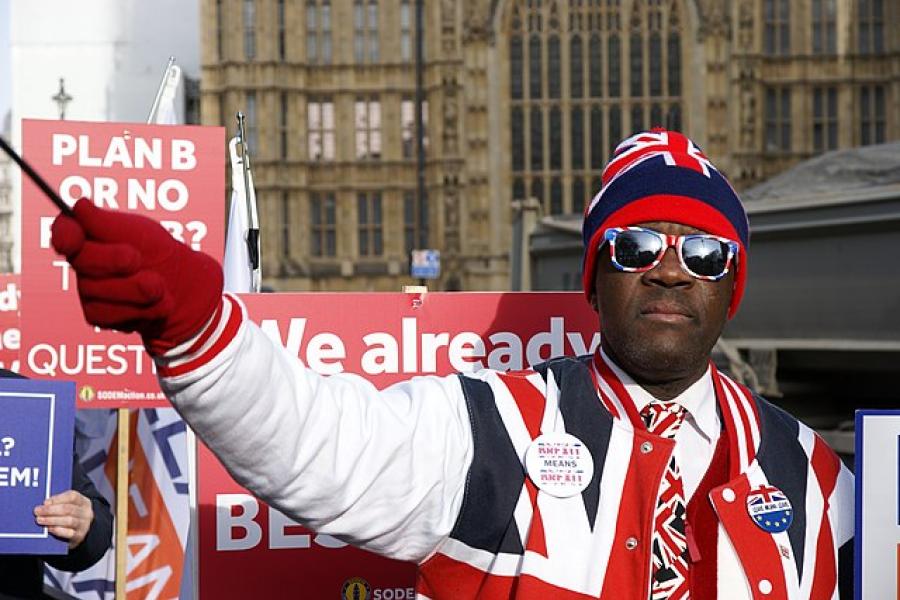 on
on

It was a vote famously won, at least in part, on money. “We send the EU £350m a week,” read the message on the side of Vote Leave’s battlebus. “Let’s fund our NHS instead.” The figure referred to an estimate of the UK’s gross contribution to the European Union – in reality there was much more at play in the economics of EU membership, including money Brussels sent back to Britain and trade benefits.
So, five years on from the vote, what has Brexit really meant for the economy?
The UK finally left the EU’s single market and the customs union under the terms of Boris Johnson’s bare bones free trade deal with Brussels on 31 December 2020 – a deal that economists predict will significantly hold back the UK economy over the coming years relative to staying in the bloc.
